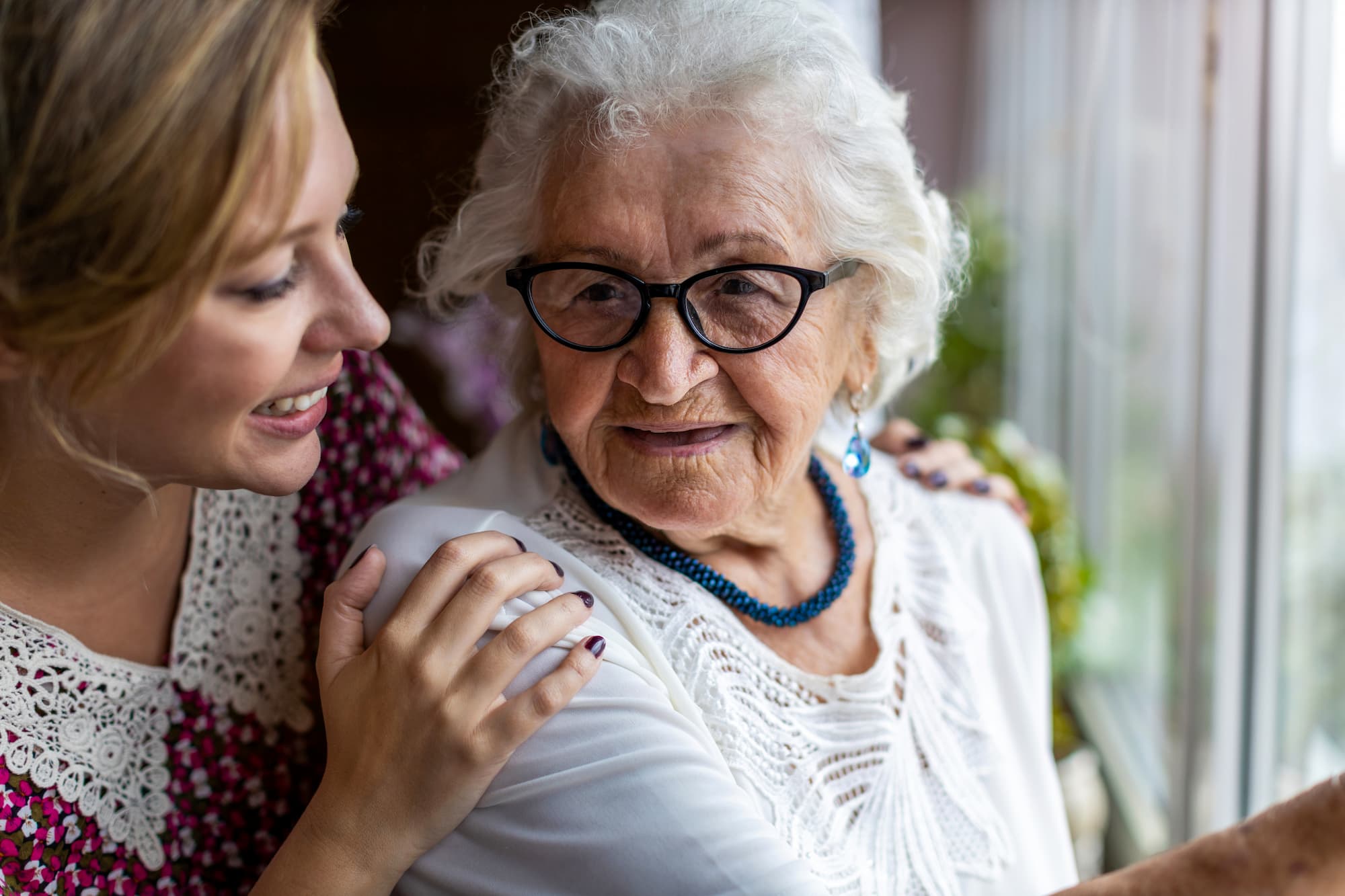
Of all the challenges that arise when a loved one has dementia, few are more terrifying for them or more difficult for you than sundowning. This condition affects many with dementia during the evening. It’s marked by feelings of confusion, aggression and anxiety, as well as a tendency to ignore instructions and pace or wander.
Scientists are investigating what parts of the brain's physiology trigger sundowning. The distressing symptoms affect people in mid to late-stage Alzheimer's and other forms of dementia, and as the condition progresses, the symptoms tend to worsen.
For the sake of their happiness and mental health, it’s critical that you help them cope with this condition. Using the following methods, you can keep sundowning to a minimum and provide comfort and relief for your loved one.
1. Create a Comfortable Environment
One of the simplest ways to help your loved one cope with sundowning is to make their home environment as safe and comfortable as possible. Start by figuring out what temperature they prefer, and keep the AC or heater at that level. Then provide soft cushions and linens, and wash regularly.
Keep loud noises to a minimum, but if you have some calm, soothing music they like, put that on. These steps will ease your loved one’s anxiety and allow them to feel safe.
2. Maintain Good Lighting
Sundowning is associated with low lighting, so you can reduce it by keeping your loved one’s home well-lit. Whenever it gets dark outside, draw the blinds and curtains and turn on lights inside their home. Illuminate as many dark or secluded areas as you can, so that they won’t have to deal with shadows as they move around inside.
Finally, consider setting up a small nightlight in case they have to get up at night, but don’t make it so bright that they won’t be able to sleep.
3. Promote Healthy Sleeping Habits
Your loved one is especially likely to develop sundowning if their sleep cycle is disrupted, so it’s important to make sure they sleep according to a regular schedule. This means not just setting times for them to wake up and go to sleep, but also eliminating habits that make it harder to sleep.
Encourage them to eat smaller dinners, reserving larger meals for earlier in the day; likewise, don’t let them take naps or consume sugar or caffeine after the early afternoon. Try to limit watching TV late at night, as the bright colors and lights of television aren't sleep-friendly.
Encourage them to eat smaller dinners, reserving larger meals for earlier in the day; likewise, don’t let them take naps or consume sugar or caffeine after the early afternoon. Try to limit watching TV late at night, as the bright colors and lights of television aren't sleep-friendly.
4. Address Sleep-Related Health Issues
Any medical condition that prevents your loved one from sleeping well is likely to increase the severity of sundowning. One such condition is a urinary tract infection, which can cause pain and force them to get up and use the restroom at night.
Another common issue is sleep apnea, which technically doesn’t prevent your loved one from sleeping, but it does mean that they will not be as rested from the sleep they get. If you suspect your loved one has one of these health issues, take them to a doctor as soon as possible for diagnosis and treatment. Eliminating underlying problems like these, the easier it will be for them to deal with sundowning.

5. Keep Them Active
As much as possible given the state of your loved one’s health, encourage them to get out of their home and stay active during the day. This helps them deal with sundowning on multiple fronts.
Physical activity may ease behaviors from dementia, which may reduce confusion during the evening. Exercise has also been shown to decrease stress, including the anxiety of sundowning. Finally, regular exercise will help your loved one sleep better, making it easier for them to follow a regular sleep schedule.
6. Consider Memory Care
Although there is currently no cure for dementia, there are a number of therapies that can slow down your loved one’s memory loss and help them cope with memory loss that does occur. These include art therapy, music therapy, and cognitive exercises, as well as therapy to promote your loved one’s physical wellbeing.
These programs can help them connect with others and feel more engaged with the world around them. One-to-one support and group activities create opportunities for open expression and encourage relationship building.
For more information about coping with the effects of dementia, download our Dementia Guide or contact us. Dementia may be complicated and challenging, but we’re here to help.
This blog was originally published in 2018, and updated in 2022.












